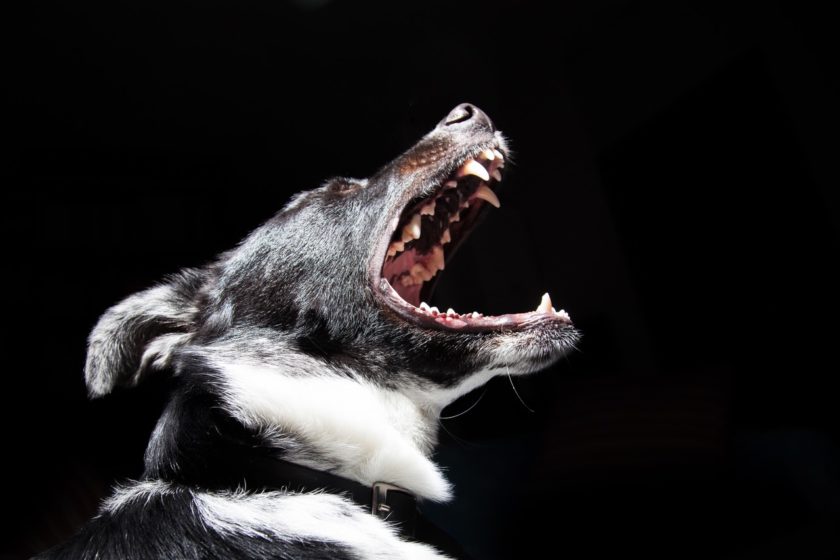The Role of a Personal Injury Lawyer
If you are bitten and injured by a dog, the dog’s owner may be liable for your injuries. Dog bite laws vary by state, so it is important that you check your state’s laws if you are considering filing a dog bite lawsuit. However, there are two basic rules that govern dog bite laws and the liability of dog owners. The first rule is that the owner is liable if they knew or should have known that their dog might bite someone. This is often referred to as the “one-bite rule.” The second rule is that the owner is liable regardless of whether the owner knew or should have known that their dog might bite someone. This type of liability is called “strict liability.”
The One-Bite Rule
Historically, dog owners were only liable when their dog bit another person if they knew or had reason to know that their dog had a propensity to bite others. This was coined the “one-bite rule” because dog owners could escape liability the first time their dog bit someone but would be liable any time their dog bit someone after the first bite. In other words, in the first instance the owner had no reason to know that their dog might bite others, but afterwards either did know or had reason to know.
However, in more recent years, the one-bite rule has evolved and no longer means that dog owners can always escape liability for the first bite. If a dog owner knows that their dog’s breed is a dangerous one, or that their dog in particular may be prone to biting, the owner could be held liable the first time their dog bites someone. To determine whether the owner is liable, a court will evaluate whether the owner knew or should have known that their dog might bite someone and whether they took reasonable precautions to prevent their dog from biting others. This modified one-bite rule is very similar to a traditional negligence theory of liability. Ten states apply the one-bite rule to determine an owner’s liability for a dog bite.
Strict Liability
In many states, strict liability for dog bites has been created by statute. Strict liability generally means that a person is automatically liable if a certain event occurs, regardless of whether they could have done anything to prevent it. Strict liability is normally applied to abnormally dangerous activities, such as storing explosives or transporting chemicals. Strict liability for dog bites means that dog owners are liable any time that their dog bites another person, regardless of whether they did anything wrong or knew that their dog might bite someone. The only two exceptions to this rule are where the injured person was trespassing on the owner’s property at the time of the incident and where the injured person provoked the dog.
Strict liability dog bite laws are different in every state. Some state’s laws only apply on public property or only apply to certain individuals, such as government employees. Thirty-five states apply some form of strict liability to dog bites.
Thanks to the professional personal injury lawyer team at Eglet Adams for their insight on dog bite laws.

